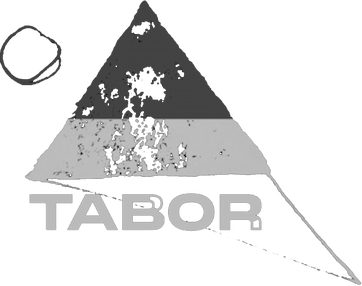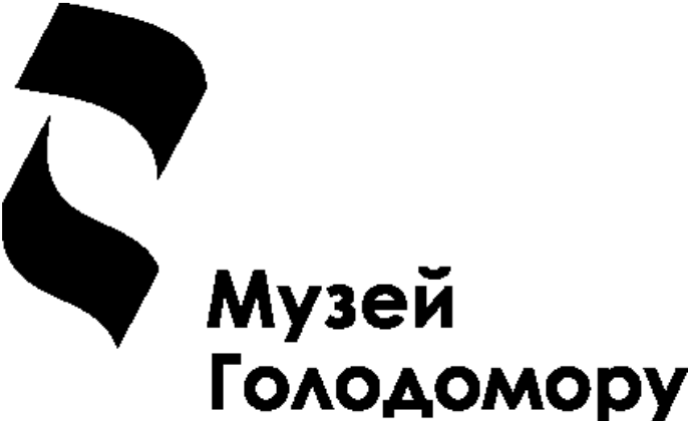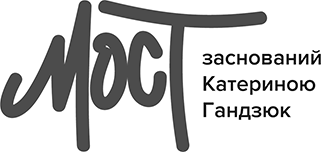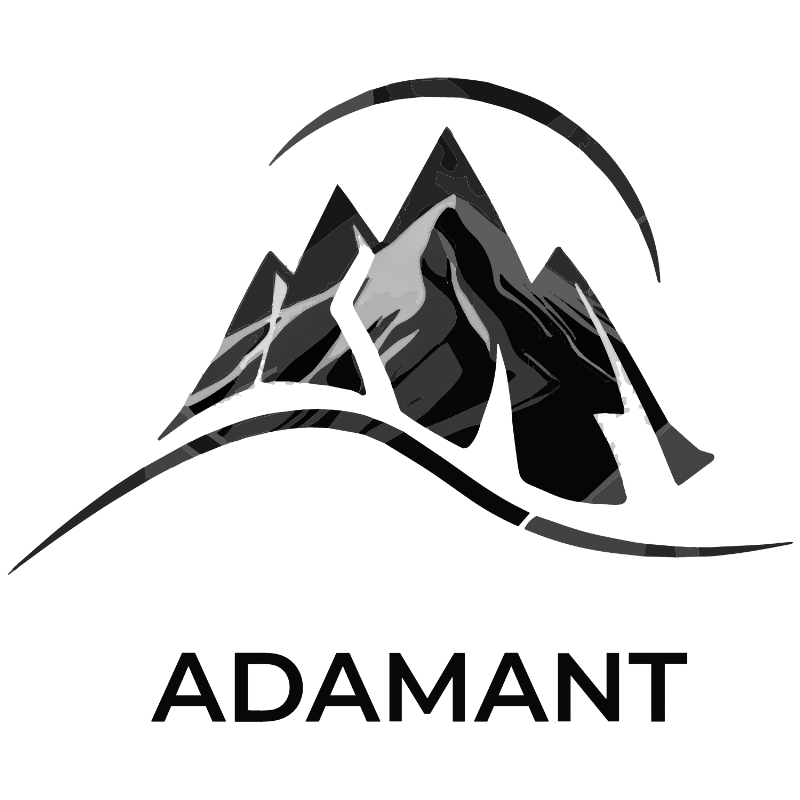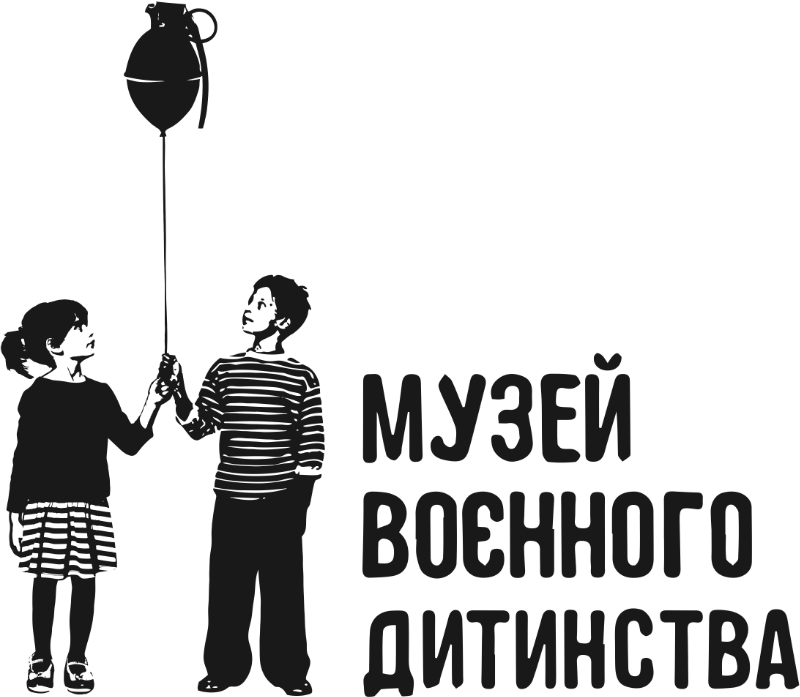FAQ
-
WHAT ARE WAR CRIMES?
War crimes are violations of the laws and customs of war as defined by international conventions and treaties. The list of war crimes includes:
- injury or killing of civilians;
- torture, physical violence, rape, inhuman treatment or deprivation of liberty;
- violence against medical personnel;
- the use of civilians to shield the military (human shields);
- deportations and illegal displacement of the population;
- forcing citizens to participate in hostilities against their own state;
- damage or destruction of civilian infrastructure, as well as robbery of civilians;
- destruction of cultural and educational institutions;
- damage/destruction of religious buildings (churches, mosques, synagogues, etc.)
- denial or deprivation of access to medical care;
- deliberate attacks on personnel, vehicles, and equipment related to the provision of assistance.
-
WHO WILL SEE MY TESTIMONY?
First of all, it is up to you to decide. We cooperate with law enforcement agencies in Ukraine and Europe, as well as with artists, researchers, and filmmakers.
We sign an agreement with each individual witness, where the person giving the interview can specify to whom the video will be made available. In addition, you can also specify what information from the video can be made available to certain groups.
For example, you can choose to make the video with your image and voice available to law enforcement agencies and human rights organisations, while the artists will only be able to learn the information from the interview without seeing your image or hearing your voice.
-
HOW EXACTLY DOES THE INTERVIEWING PROCESS WORK AND WHAT IS REQUIRED?
Our interviews are a detailed portrait of a person and their experience of life during the war.
We start each interview with the question "How did you meet your February 24, 2022" and from that point, we gradually move through the chronology. We also focus on the facts of war crimes and ask for details about each situation.
On average, such an interview lasts 1.5-2 hours. We also ask the witnesses to add their own photos and videos to support the story with additional materials.
We record all interviews with video cameras and voice recorders. We can record both in our office and come to a place where it is more convenient for you.
-
WHO CAN BECOME A PARTNER OF THE Ukraine WAR ARCHIVE?
We invite human rights organisations, media, journalists, OSINT communities, as well as anyone and everyone who documents the Russian-Ukrainian war. In addition, we are open to cooperation with Ukrainian and international institutions — law enforcement and investigators, government officials, and monitoring missions — that can use the materials to benefit their activities.
-
DOES THE Ukraine WAR ARCHIVE COLLECT ONLY THE RESULTS OF DOCUMENTING ALLEGED WAR CRIMES?
No. The Ukraine War Archive collects materials that cover, in particular, but not exclusively, the life and everyday life of Ukrainians during the hostilities as a result of the armed aggression of the Russian Federation against Ukraine after 24.02.2022, the resistance of the civilian population to the aggressor, the heroism of Ukrainians, evacuation or experience in bomb shelters, destruction, violence, other crimes committed by the Russian army, armed groups created or supported by it, on the territory of Ukraine, other materials that, in the opinion of their authors, are important. Preference is given to original (primary) unedited Materials.
-
DOES THE Ukraine WAR ARCHIVE STORE FILE METADATA?
Yes, the Ukraine War Archive allows you to save metadata. The original files are not changed during the analysis and processing of the materials.
-
CAN ONLY VIDEOS BE SUBMITTED TO THE Ukraine WAR ARCHIVE?
No, the Ukraine War Archive collects files of any format and size. These can be videos, photos, audio, texts, reports, digests, and other forms of analytics.
-
DOES THE COPYRIGHT OF THE MATERIALS PASS TO THE Ukraine WAR ARCHIVE (GO DOCUDAYS OR INFOSCOPE)?
No, the copyright remains with the copyright holder (partner). We do not buy or sell rights to the materials. The partner independently determines the level of access to their materials in the Ukraine War Archive — that is, whether other users will be able to see the file as a whole or only its description.
-
HOW DO PARTNERS SUBMIT FILES TO THE Ukraine WAR ARCHIVE?
At the partner's choice, they can upload files to the Archive themselves from a specially created account, or they can transfer them to our employee(s). The latter can be done via a hard drive, by opening access to cloud storage, or sending them online if the files' size allows it.
-
WHAT HAPPENS TO FILES SUBMITTED TO THE Ukraine WAR ARCHIVE?
A separate card is created for each file. Our team of analysts processes and tags each file separately according to a list of more than 400 keywords, according to the classification of war crimes under Article 8 of the Rome Statute.
-
IS THE OWNER OF THE MATERIAL (PARTNER) MENTIONED IN THE UKRAINE WAR ARCHIVE?
Yes. A card is created for each file.
-
DOES THE Ukraine WAR ARCHIVE ALLOW DOWNLOADING MATERIALS FROM IT?
No, all materials in the Ukraine War Archive are available for viewing only.
-
CAN ANYONE ACCESS THE Ukraine WAR ARCHIVE AND THE MATERIALS IT CONTAINS?
No, only authorised users have access to the Ukraine War Archive, each and every one of whom is subject to a thorough preliminary verification.
-
WHAT IF SOMEONE WANTS TO GET THE PARTNER'S MATERIALS FOR THEIR WORK (CREATING A FILM, ORGANISING AN EXHIBITION, MANAGING A CASE, ETC.)?
Various Ukrainian and international organisations, human rights activists, production companies and individual filmmakers from Ukraine and abroad contact the Archive to find materials for their projects. In this case, we check them and then provide them with access to the Ukraine War Archive. If necessary, we connect them with a partner to obtain or purchase the desired materials. The rights holders independently agree on the terms of the transfer that will satisfy them.
-
WHAT MATERIALS CAN BE FOUND IN THE ARCHIVE?
We keep interviews with people who witnessed the occupation, war crimes and other acts of Russian aggression. Our partners also upload materials from their expeditions, reports and other materials on the consequences of the attacks.
-
WHO CAN GET ACCESS?
Researchers, journalists, filmmakers, and other stakeholders who can demonstrate interest in our project.
-
HOW TO ACCESS THE ARCHIVE?
You need to fill out a Google form and agree to the User Agreement. After filling out the form, our team will conduct a verification process. In the end, you may receive an email with verification of your access to the Archive's database.
-
HOW IS THE USER VERIFIED?
Based on the data provided in the form, we check your previous and current projects and assess reputational risks to ensure that we have a good match.
-
WHAT HAPPENS IF A USER FAILS VERIFICATION?
We notify you of the denial of access. The potential user can reapply for access.
-
DO I HAVE TO PAY ANY FEES TO ACCESS THE ARCHIVE?
No, the use of the Archive is free of charge.
-
CAN I GET MATERIALS FROM THE ARCHIVE WITHOUT A USER ACCOUNT?
No, there is no such possibility.
-
ARE THERE ANY RESTRICTIONS ON THE USE OF THE ARCHIVE?
Only one person can use the Archive access account. If several representatives of the same project want to use the Archive, each of them must fill out an application form separately. The content of the Archive may not be copied, reproduced, or publicly displayed without obtaining a separate permission (licence) for such actions from the Organisation and/or the Content Provider. In addition, the User is prohibited from recording the screen that displays the Material/part of it, taking screenshots or in any other way making photo, audio, video recordings of the Material/part of it, regardless of the purpose of such recordings. These rules are provided for in the User Agreement.
-
WHERE CAN I GO IF I DO NOT KNOW HOW TO USE THE ARCHIVE?
Upon approval of your application for access, our support team will contact you by email with instructions for installing the necessary software and rules for using the Archive. You can also leave questions for the support team via email inna@ukrainewararchive.org
-
IS MY ACCESS TO THE ARCHIVE DATABASE LIMITED IN TIME?
Yes. We provide access for a period determined by the duration of your research project.
-
CAN I RE-ACCESS THE ARCHIVE DATABASE AFTER THE RESEARCH PERIOD HAS ENDED?
If necessary, we can extend the access period before it expires. Please contact our support team at inna@ukrainewararchive.org
-
CAN I ASK THE TEAM TO DELETE MY ACCOUNT FROM THE ARCHIVE?
Of course. We will delete your account upon request.
-
CAN I LOSE ACCESS TO THE ARCHIVE PERMANENTLY?
You can lose access only in case of breach of the User Agreement.
-
UNDER WHAT CONDITIONS CAN THE FOUND MATERIALS BE USED?
We give preference to archive researchers, do not work as a stock of materials, and consider requests on downloading files on an individual basis case by case. You can use the materials in your research.
-
CAN THE MATERIALS FOUND BE DOWNLOADED FROM THE ARCHIVE?
As a general rule, we do not offer this option, but we can consider the request on an individual basis, depending on the purpose and goals of your project. We encourage you to upload your own materials to accumulate data on full-scale intrusions in one place.
-
WHAT SHOULD I DO IF I WANT TO SUBMIT MY OWN MATERIALS TO THE ARCHIVE?
You can learn more about this on the page "Submit photos and videos".
-
IS THE ARCHIVE A SAFE PLACE TO SUBMIT YOUR OWN MATERIALS?
Our team is working on this in several ways: we improve our infrastructure, check user requests, and limit access to the database according to the period of user research. In addition, we anonymise data and constantly work to minimise unnecessary data before collection.














